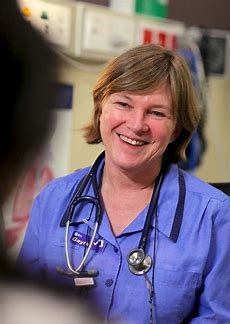A Licensed Practical Nurse, also known as an LPN, is a registered nurse who works with people who need medical care. An LPN has completed both the education and practical nursing programs to be a professional nurse. They also get an additional two years of training after graduating from nursing school.
In the United States, an LPN can get a job in a variety of health care facilities, including hospitals, nursing homes, doctor’s offices, and nursing schools. In some states, they are required to have their degree even if they are working, while in others they are not. In Canada, an LPN has to complete two years at an institution of higher learning before becoming eligible to take the RN licensure examination. Nurses in any state can get a license after completing the required courses, passing the examination, and getting a certificate.
Many universities and community colleges offer the LPN program. However, there are also schools that offer the program online. If you want to learn more about what an LPN needs to know and the different duties he or she has, you can compare the various nursing schools that offer the course you want. Some of the schools offer online programs, so you don’t have to travel away from home to go to school, and you avoid having to leave work behind to go to school.
Becoming an LPN takes dedication and time to achieve. You will be required to study for the NCLEX-RN license examination, complete an internship, and complete state and local statutes related to your field. Because you must meet certain criteria in order to legally practice as an LPN, you have to work hard to build your career. With the right training and a quality education, your dream of becoming an LPN can become a reality. In order to be prepared for what comes in your way once you enter the nursing field, it is important to choose an accredited program that offers job growth and support.
The best choice for an LPN course would be one year at a community college or technical/vocational school, two years at an approved nursing facility, or three years at a four-year university or college. Although the requirements may be different for each type of institution, they are similar. You will need at least a high school diploma to start, but some LPNs may even have to have GEDs. Having a good nursing foundation helps you later in your career. If you are not sure which direction is right for you, look for an institution that offers classes at all levels, one year at a time, and a variety of options such as taking classes online or in the campus nursing center. Look also for an institution that can provide you with financial aid for your education.
There is no single path to becoming an LPN. Different schools offer different educational opportunities and responsibilities. It is possible to make a difference in the world by choosing to pursue a practical nursing program. With the right training and a positive attitude, it will not be long before you find a nursing position waiting for you.
